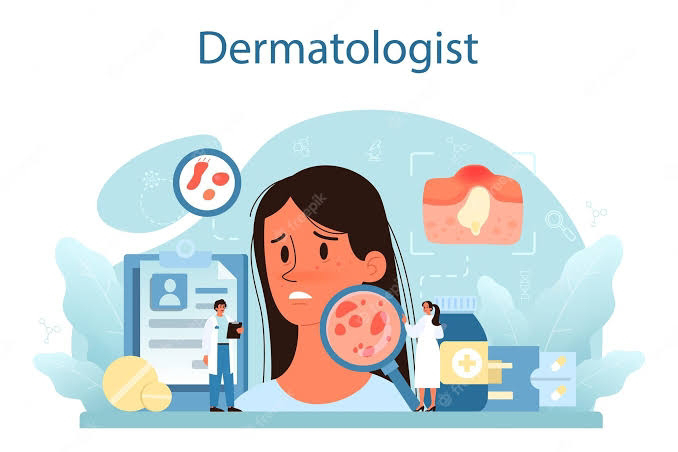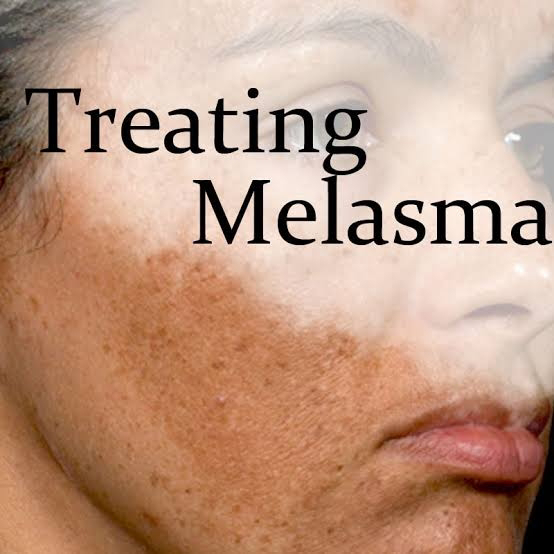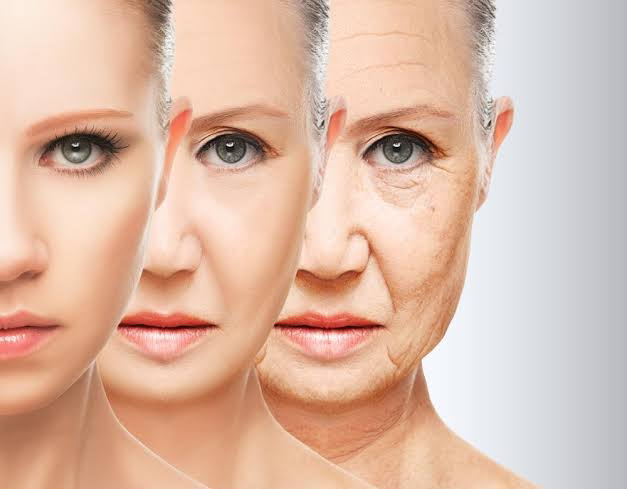Melasma- Pregnancy Mask : Know All About Melasma.
• Melasma (derived from Greek word- melas) is an acquired pigmentary condition of sun- exposed skin, often manifesting as dark patches.
• Another term is chloasma which is often used to describe Melasma developing during pregnancy.
2. How does one get Melasma? What are the predisposing factors for Melasma?
• What causes Melasma is not yet clear. It is likely to occur when the colour-making cells in the skin (melanocytes) of the affected areas
• produce too much colour.
• Common contributory factors include sun exposure, pregnancy, drugs such as phenytoin, oral contraceptive pills or hormone replacement therapy, family history, hypothyroidism and thyroid autoimmunity.
3. Is Melasma hereditary?
• No, Melasma is not hereditary, however it is common in other family members.
4. How does Melasma appear?
• Melasma appears more commonly in women than men.
• It appears as brown, grey or black patches affecting the sun-exposed areas.
• Cheeks, forehead, upper lip, nose and chin, are involved usually in a symmetrical manner.
• Often, it may be limited to the cheeks and nose area. Other sun-exposed areas such as the neck and the forearms are uncommonly affected.
• The skin lesions are not itchy, but poses a significant cosmetic problem.
5. What should one do if he/she gets Melasma?
• All dark patches on the face are not Melasma.
• Consult a dermatologist (Skin Specialist) who will confirm the diagnosis and start appropriate treatment.
• Self- medication with steroid containing creams should be strictly avoided.
6. Are there any tests to confirm Melasma?
• Melasma is usually diagnosed by the clinical appearance of skin lesions.
• A dermatologist can confirm the diagnosis by simple examination with a Wood’s lamp or dermatoscope.
• Occasionally skin biopsy may be needed to differentiate Melasma from other pigmentary conditions.
7. What is the treatment for Melasma?
• Melasma responds poorly to treatment. Generally sun protection measures along with a combination of various treatment modalities (topical, oral, and procedural) is helpful.
8.Can Melasma be cured? Can Melasma recur?
• Melasma cannot be fully cured, however multiple treatment options available can improve the appearance.
• Melasma tends to recur and recurrence rates are higher if sun protective measures are not adequately followed.
General measures
• Year-round life-long sun protection: Use broad-spectrum very high protection factor (SPF 50+) sunscreen applied to the whole face every day. It should be reapplied every 2 hours if outdoors during the summer months. Alternatively or as well, use a make-up that contains sunscreen. Wear a broad-brimmed hat.
• Discontinue hormonal contraception.
• Camouflage with skin creams may help to reduce the cosmetic problem








Comments
Post a Comment